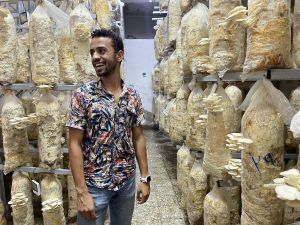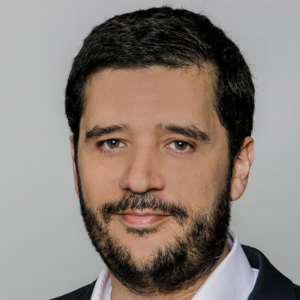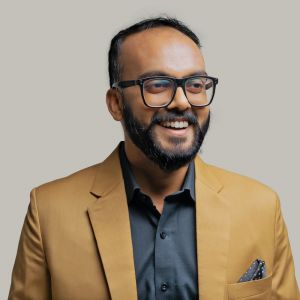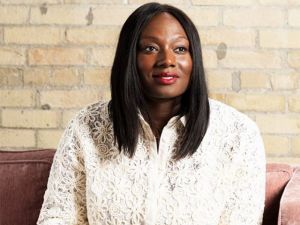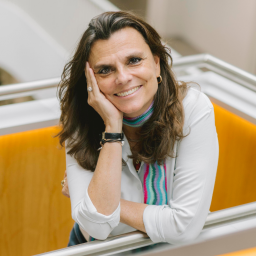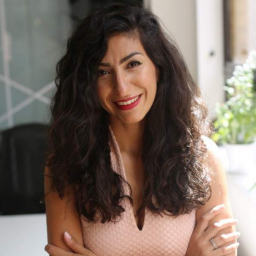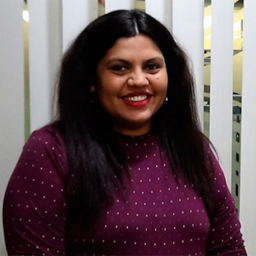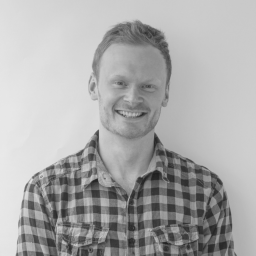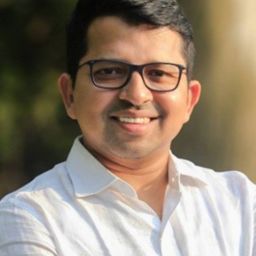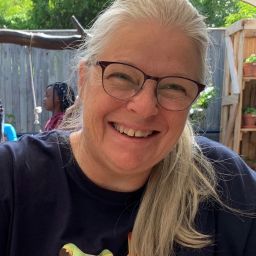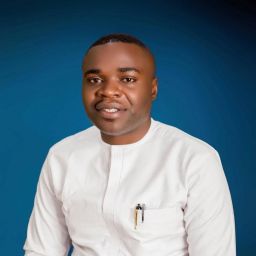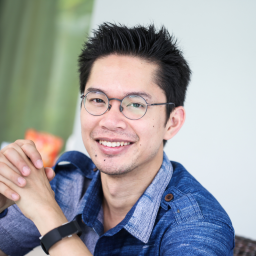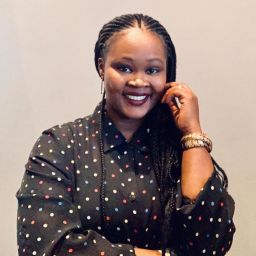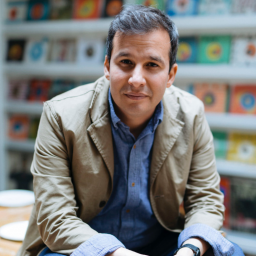Meaningful Business (MB:) Please tell us a bit about your background.
Anne-Cécile Turner (A-CT): I was born near the sea in France and have always felt a special connection to the ocean. As an amateur sailor, I have seen the damage we are causing to our marine life. I’ve also seen the immense opportunity to join forces and use the sport to not only understand the scale of the issue, but also to accelerate the restoration of the ocean. This led me to undertake sustainability training, including the WWF One Planet Leader programme and Harvard Executive Education for Sustainability Leadership programme, which focuses on how to implement a systemic approach to transform organisations at scale and at speed.
Across my diverse roles, whether as Director of Race for Water Foundation, creator of Blueshift, a sustainability consultancy agency or as co-founder of The Shift, I have tried to engage our diverse groups of stakeholders to take concrete and tangible actions to create positive change.
Integrating sustainability at the heart of an organisation and using sport as a universal and inspiring language to trigger behaviour change has been essential in all of my roles, including as Sustainability Director at The Ocean Race.
MB: What led you to start the various SDG-focused initiatives at The Ocean Race?
A-CT: Nature is at the heart of what we do: the ocean is our race track, but it is being devastated. As a global organisation that reaches millions of people around the world, we recognise that we are in a unique position to drive action to help protect and restore our seas, which is why we have launched our Racing with Purpose sustainability programme. We want to accelerate action through our innovative programme and reach a diverse audience, from fans and school children to businesses and policy-makers.
Our core focus is SGD14, Life Below Water, but we also touch on many of the others goals, including Quality Education, Partnerships and Responsible Consumption and Production.
MB: What are the main problems you are trying to solve?
A-CT: The major threats to the ocean include climate change, industrial over-fishing, exploitation and pollution. We are focusing our efforts on combatting climate change and securing greater protection for the ocean. Stopping the flow of plastic into our seas also continues to be a priority.
It is essential that we raise awareness of the connection between the ocean and climate, not just the negative impact that the climate crisis is having on the ocean, but also the role it can play in being a climate hero by locking away carbon and producing oxygen. By helping to grow understanding, people will realise that the ocean is our life support system. It is vital that it is healthy for us to have a healthy future.
There is a lack of information about the state of the ocean, so a key part of our work is to increase knowledge through a groundbreaking scientific programme. As the boats that take part in The Ocean Race circumnavigate the globe, passing through some of the most remote parts of the planet, they gather vital data about micro-plastics and the climate, helping to provide scientists with a better picture about the toll that is being taken on our seas. Only by understanding what is happening can we drive the action that is needed to turn things around.
We are also working to create a new generation of ocean advocates, by helping children around the world to understand the issues affecting our marine world and inspire them to join us on the journey to protect and restore nature. Our Champions for the Sea programme has taught over 160,000 children in more than 54 countries about one of the main threats to the ocean, plastic pollution, and what can be done to combat it.
 Anne-Cécile Turner, Sustainability Director, The Ocean Race
Anne-Cécile Turner, Sustainability Director, The Ocean Race
Photo credit: Morteza Zeraati
MB: What is your biggest challenge right now?
A-CT: I would say that the biggest challenge is to raise awareness about the need to accelerate action. I do not think people and leaders realise the emergency of the situation. We are seeing lots of commitments on ocean protection and climate change, but the problem is that they sadly don’t always equal action.
The Ocean Race Summits are an important element of our sustainability programme. They bring together global players from the worlds of government, science, industry, NGOs, media and sport, along with passionate ocean advocates, to drive solutions and commitments to tackling the issues facing our seas. We provide the platform for innovative, scalable solutions to help solve the threats to our ocean.
MB: What more can corporates do to help achieve the SDGs?
A-CT: Corporates have a massive role to play in engaging their whole organisation in the journey at the structural level and should realise that they also have a communication power to engage their whole value chain as well. They can start to assess their own impact (social, environmental and economic), find solutions to reduce it and engage stakeholders along the way.
This process can be a fantastic platform for sustainable innovation, adding purpose and motivation across the entire organisation. But the reality of the challenge we are all facing is that this cannot stop at the border of each organisation. They also need to engage, lead and inspire their industry across collaboration platforms to escalate best practice across the entire ecosystem.
MB: What is your advice to other leaders who want to combine profit and purpose?
A-CT: Consumers are interested in companies that are authentic, transparent and have a purpose, but more than that, they are increasingly expecting brands to be responsible. The uncertainty that COVID-19 has created means that consumers are looking to companies and organisations to do the right thing for the planet more than ever before. Profit and purpose can go together, sustainability can be a fantastic innovation platform that motivates staff, opens new lines of funding and increases brand value.
I think brands can worry that they have to be perfect to talk about sustainability. That isn’t the case. Being open about the challenges of creating a truly sustainable business can show that your organisation is relatable, transparent and on a journey where the ultimate goal is doing the right thing for the planet and for us.
________
Quickfire Questions
MB – What’s the best piece of advice you ever received?
A-CT – Never give up.
MB – Who inspires you?
A-CT – Ellen MacArthur
MB – How do you define success?
A-CT – To be aligned between your values and your actions
MB – What is something you wish you were better at?
A-CT – I wish I was better at sharing.
MB – What is the one book everyone should read?
A-CT – “Cradle to Cradle” by William McDonough
MB – What do you do to relax?
A-CT – Practicing Sport: ski touring at the moment (in Winter), triathlons in summer!
________
Discover the other MB100 leaders recognised for their work combining profit and purpose to help achieve the United Nations Sustainable Development Goals in 2020, here.


